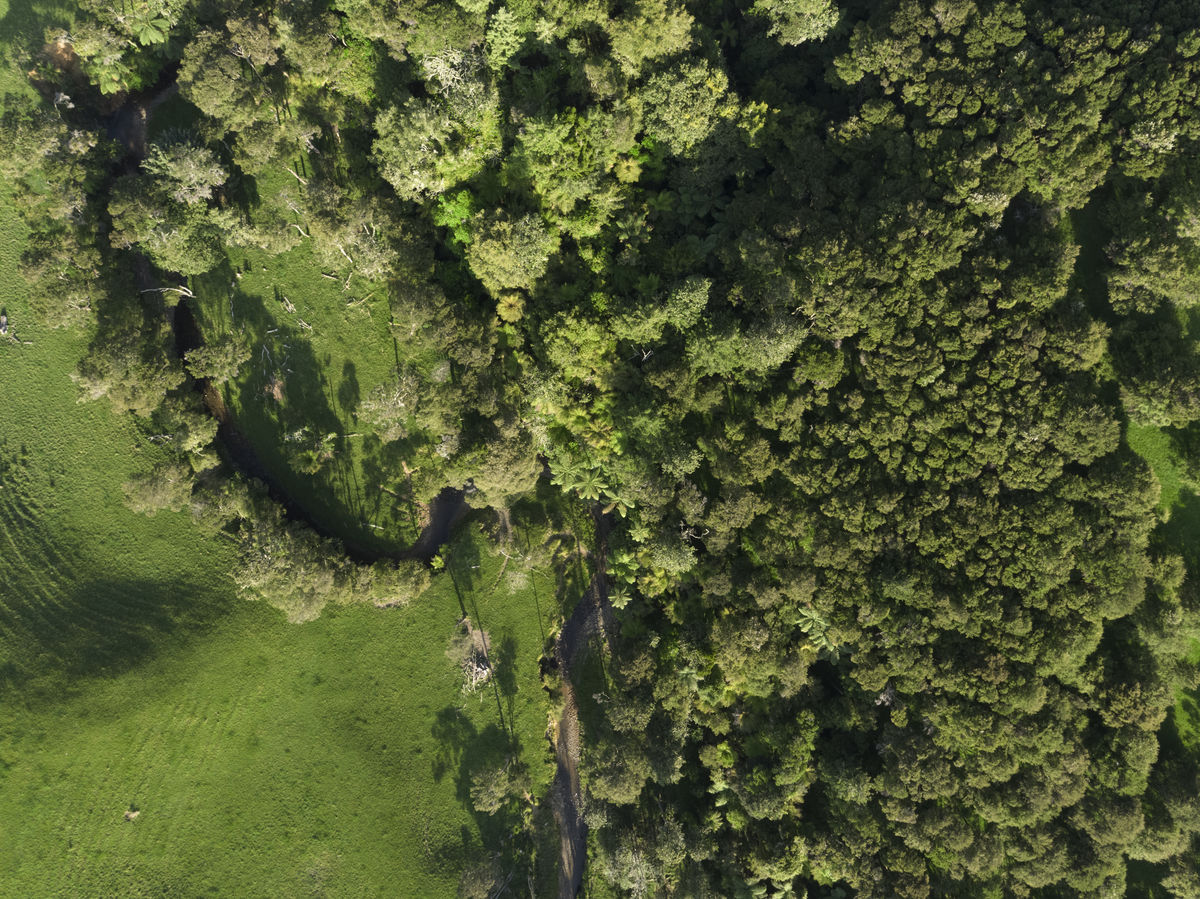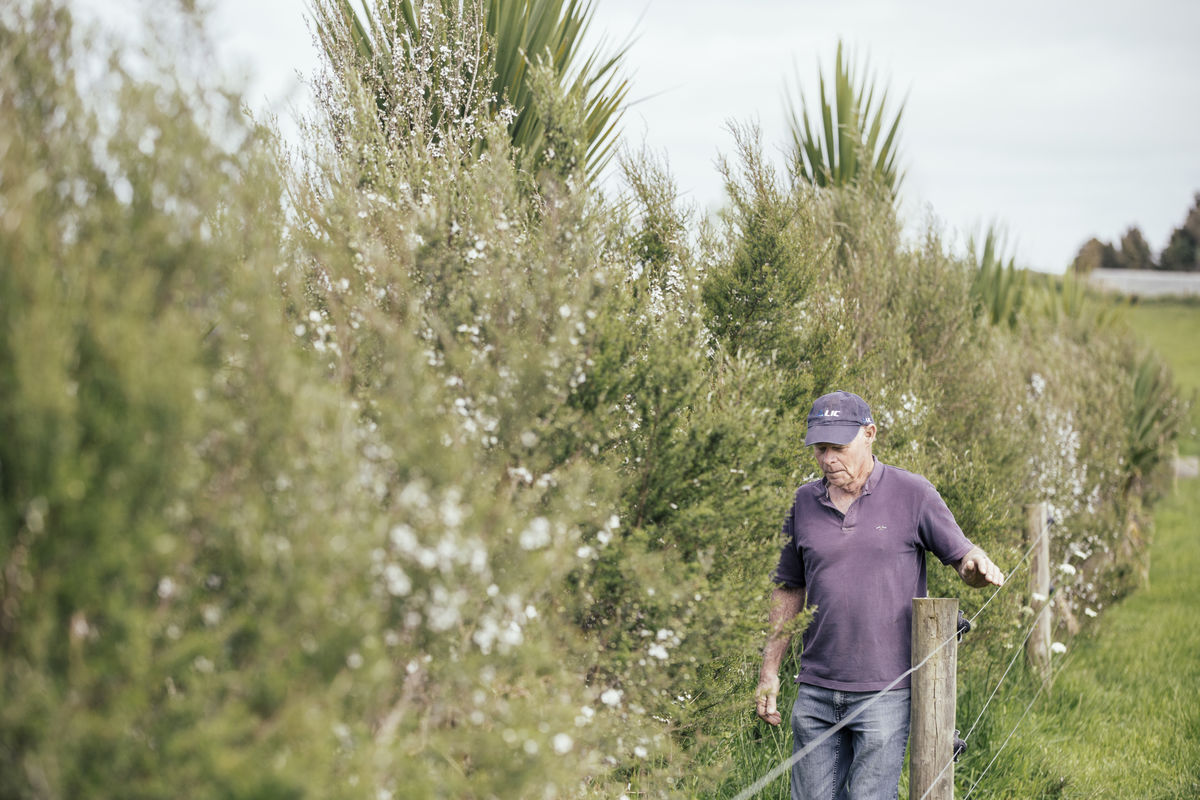
Free farmer focused resources to grow on-farm biodiversity skills now available
Media Release February 2023
The Farming with Native Biodiversity pilot project is making its public launch this month. This innovative project supports farmers to learn about native biodiversity and find win-win approaches for biodiversity management.
The project is being led by the NZ Landcare Trust and supported by Silver Fern Farms, the Living Water Partnership (Fonterra and the Department of Conservation), the BioHeritage National Science Challenge and the Ministry for Primary Industries’ Sustainable Food and Fibre Futures fund.
David Norton, professor emeritus at the University of Canterbury and expert in sustainable farm management, says, “I think it’s really important that farmers understand, to some degree, what biodiversity they’ve got on farm, because until you know what you’ve got, you’re not in a position to make decisions about how you might look after it.”
Farming with Native Biodiversity brings together ecologists and farmers to work together on biodiversity farm plans that protect and improve native biodiversity on their farms.
In addition to working directly with farmers, the project has developed resources to help farmers and farm advisors understand the importance of native biodiversity and how to enhance it. These resources include six podcast episodes, nine e-learning modules, and nine one-page documents, which will be shared widely throughout Aotearoa New Zealand.
This project aims to give farmers the tools they need to understand the biodiversity on farm and break down barriers to farmers taking action on biodiversity management.
“Seeing the progress you can achieve is really empowering for farmers,” says David.
“Farming with Native Biodiversity gives farmers the agency to improve native biodiversity and make lasting positive change.
“In Aotearoa New Zealand pastoral farming accounts for 50% of the land-use, so farmers are a vital part of the effort to take care of and revitalise our natural environment. This project will help to support farmers on the journey to safeguarding our native biodiversity.”
Fonterra Head of Environmental Partnerships, Trish Kirkland-Smith says “it’s exciting that the e-learning and other resources are being developed to be publicly available, but also so they can be integrated into Fonterra’s Farm Environment Plan delivery platform. This will provide significant reach and scale of biodiversity information and support for farmers, as Fonterra’s Sustainable Dairying Advisers work with all Fonterra farms across the country”.
Chief Sustainability & Risk Officer of Silver Fern Farms, Kate Beddoe, said visible and verifiable action to protect biodiversity will also help meet the expectations of New Zealand’s export markets.
“Conscious consumerism is on the rise, and we know biodiversity is a key concern for customers who increasingly want their meat, and other food purchases, to be sustainably produced.
“By utilising a nature positive approach that places biodiversity front and centre, New Zealand food producers, as stewards of the land, have an unparalleled opportunity to create new forms of value and access market premiums ahead of our competitors.
“In Aotearoa, we have the privilege of setting an example to the world of how taking care of native biodiversity can be successfully integrated into the production of top quality food, and Farming with Native Biodiversity aims to help farmers do just that,” says Kate Beddoe.
Visit the Farming with Native Biodiversity website

